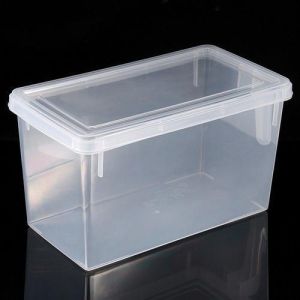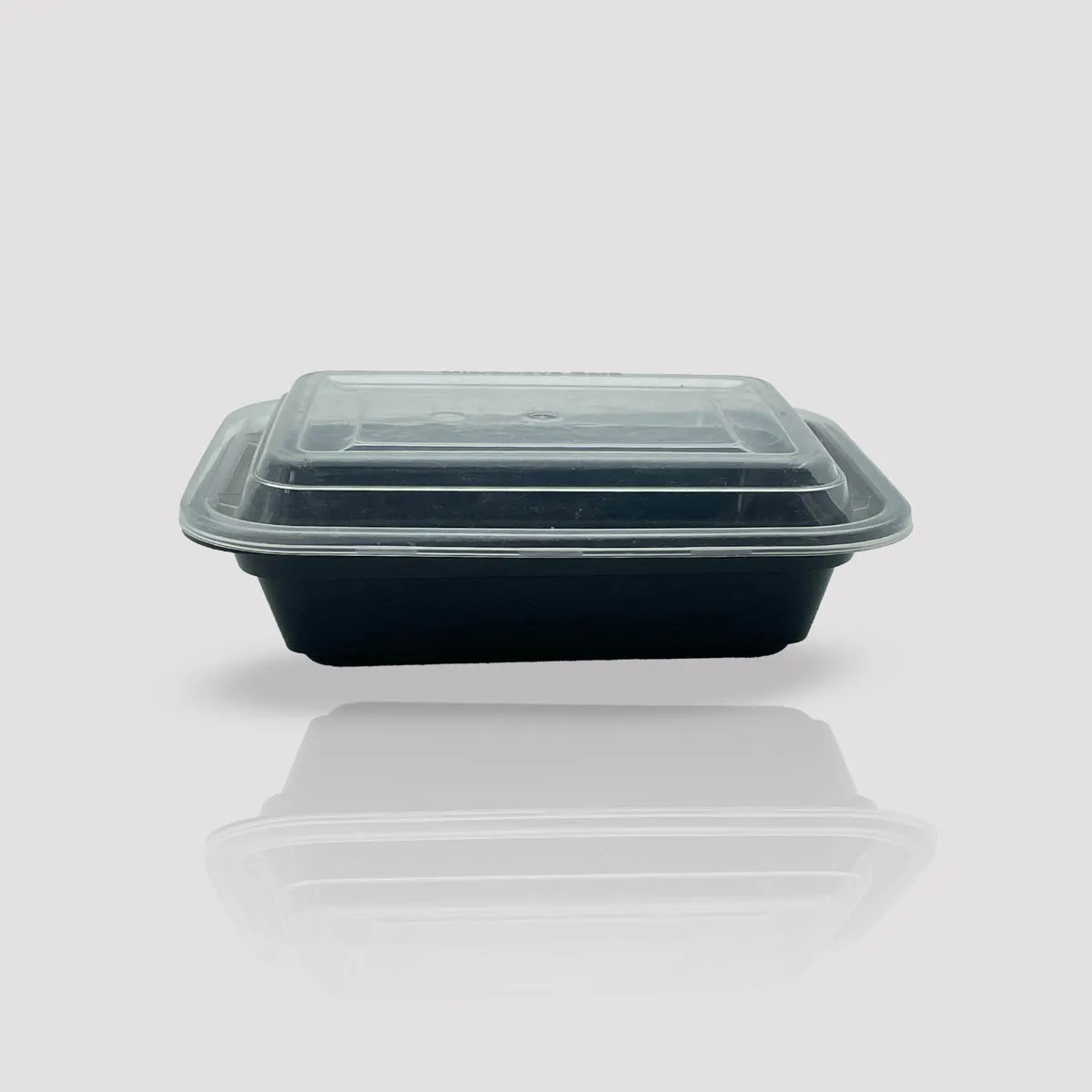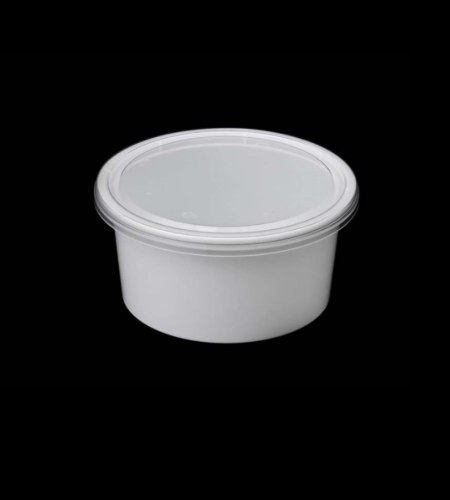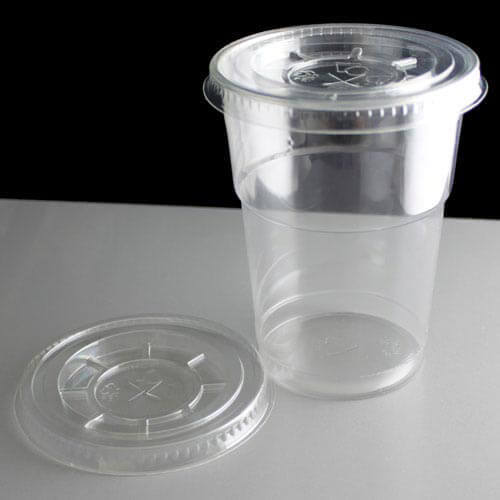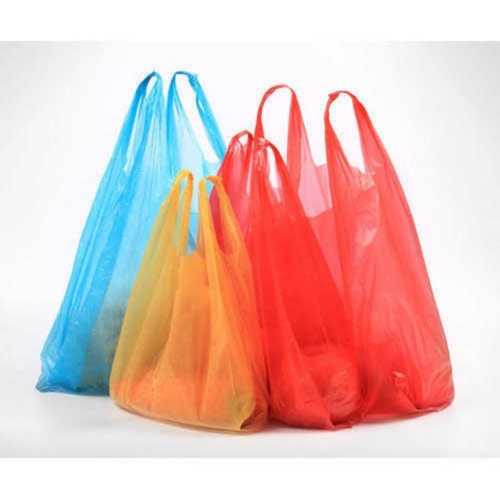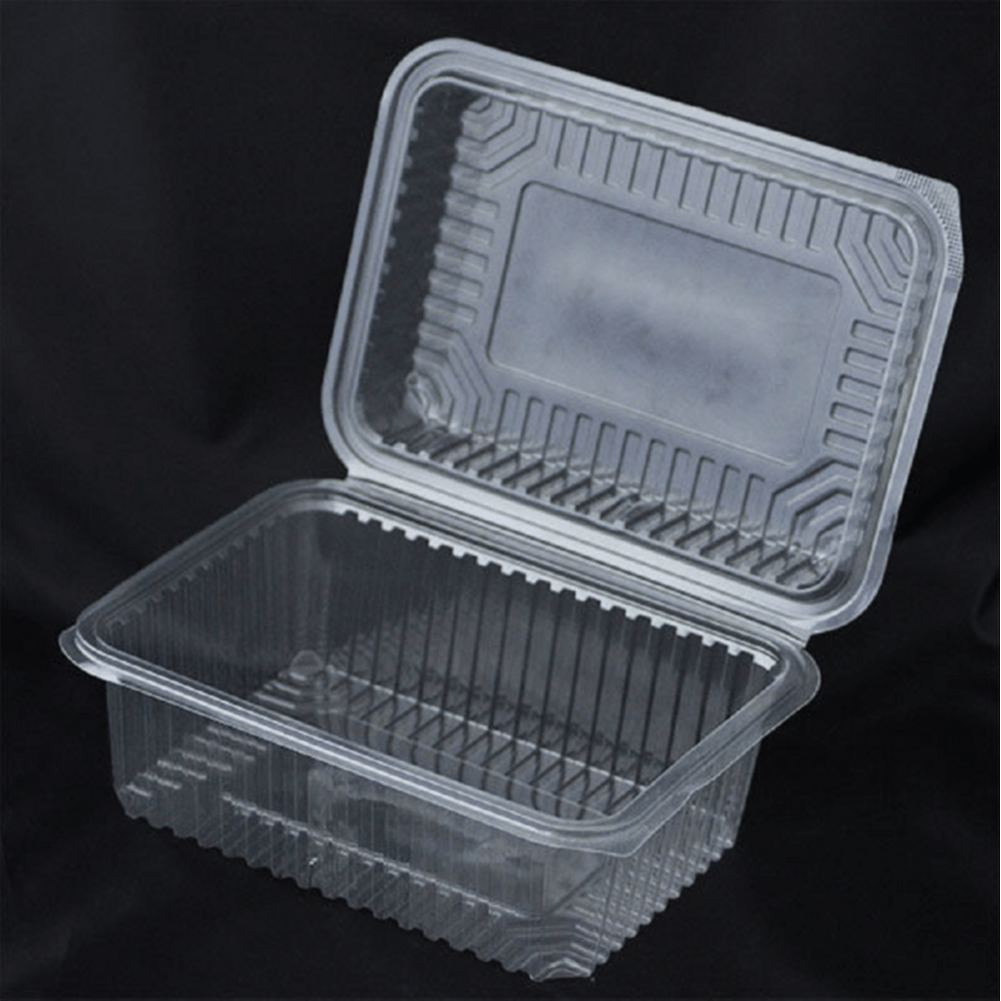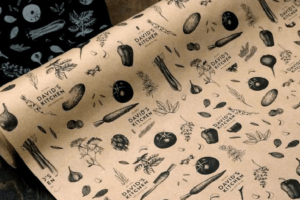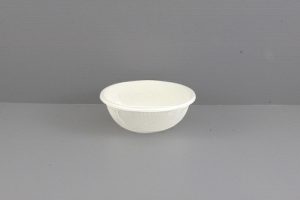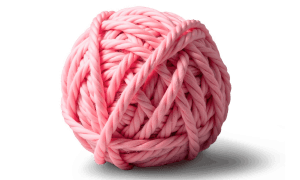How Detergents Work: The Science Behind Sparkling Clean

Why Detergents Are Essential in Everyday Life
From laundry and dishwashing to industrial cleaning, detergents are an integral part of our lives. Yet, many of us never stop to think about how they work so effectively to remove dirt, grease, and stains. Behind every sparkling dish and crisp shirt lies a fascinating interplay of chemistry, molecular reactions, and water dynamics. Understanding the science behind detergents is not only intellectually intriguing but also valuable in choosing the right cleaning agents for home, business, or industrial purposes. In this article, we explore the composition, mechanism, and innovations in detergents that make them one of the most indispensable products of the modern world.
What Are Detergents? A Quick Overview
Detergents are surfactants short for “surface active agents.” They lower the surface tension of water, allowing it to spread and penetrate more easily. This property helps lift dirt, grease, and oil from surfaces, suspending them in water so they can be rinsed away. While soaps are natural surfactants made from fats and alkalis, detergents are mostly synthetic compounds with enhanced performance. Unlike soap, detergents do not form scum in hard water, making them more efficient in a wide range of conditions.
The Chemistry of Cleaning: How Detergents Work at the Molecular Level
At the heart of every detergent molecule lies its unique dual nature:
Hydrophilic head – water-loving
Hydrophobic tail – water-repelling but grease-loving
detergent is added to water, its molecules arrange themselves into structures called micelles. The hydrophobic tails attach to grease and oil particles, while the hydrophilic heads face outward toward the water. This formation emulsifies oils and dirt, suspending them in water so they can be washed away easily. This mechanism works across multiple applications, from removing stubborn stains in laundry to cleaning machinery in industrial plants.
Key Ingredients in Detergents
Modern detergents contain a variety of components tailored for specific functions:
Surfactants: Primary cleaning agents that break down grease and dirt.
Builders: Water softeners that prevent minerals from interfering with cleaning.
Enzymes:Proteins that break down organic stains like food, sweat, or blood.
Bleaching Agents:Help remove stains and maintain whiteness.
Fragrances and Dyes: Provide a fresh scent and aesthetic appeal.
Stabilizers: Preserve the detergent’s shelf life and effectiveness.
Each ingredient plays a role in ensuring that cleaning is thorough, fast, and efficient.
The Role of Water in Detergent Action
Water alone can remove some dirt, but its high surface tension and inability to dissolve oils make it inadequate for heavy cleaning. Detergents modify water’s properties:
Reduce Surface Tension: Water spreads more evenly over surfaces.
Enable Wetting and Penetration: Reaches deep into fabric fibers and cracks.
Suspend Dirt:Prevents redeposition of soil onto surfaces.
This synergy between water and detergent molecules is the foundation of effective cleaning.
How Detergents Tackle Different Types of Dirt
Not all dirt is created equal. Detergents use different mechanisms to handle various cleaning challenges:
Grease and Oil:Broken down by hydrophobic tails in surfactants.
Protein-Based Stains (blood, sweat): Broken down by enzymes.
Colored Stains: Removed by bleaching agents or oxygen-based brighteners.
Particulate Soil (dust, sand): Lifted and suspended in water to prevent reattachment.
This versatility is what makes detergents ideal for everything from household cleaning to large-scale industrial applications.

Innovations in Detergent Technology
In recent years, detergent formulations have become smarter and more eco-friendly:
Concentrated Detergents: Require less packaging and storage.
Cold-Wash Enzymes: Work effectively in lower temperatures, saving energy.
Phosphate-Free Formulas:Reduce water pollution.
Biodegradable Surfactants:Break down naturally without harming ecosystems.
Capsules and Pods: Pre-measured doses for convenience and reduced waste.
These innovations aim to balance powerful cleaning performance with environmental responsibility.
Industrial Applications of Detergents
Detergents are not just for laundry and dishes they are widely used in industries like:
Textile manufacturing: Removing natural waxes, oils, and sizing agents.
Food processing: Sanitizing equipment and maintaining hygiene standards.
Automotive: Cleaning grease from machinery and parts.
Healthcare: Disinfecting surgical tools and facilities.
Oil and Gas: Cleaning pipelines and drilling equipment.
Each application requires tailored detergent formulations that deliver effective cleaning without damaging materials.
Environmental Considerations and Sustainable Cleaning
The detergent industry has faced scrutiny over environmental impacts like water pollution and chemical runoff. In response, manufacturers are:
- Using plant-based surfactants.
- Reducing harmful additives like phosphates and microplastics.
- Developing packaging from recycled or bio-degradable materials.
- Supporting closed-loop systems for industrial cleaning.
As sustainability becomes a global priority, detergent production is shifting towards greener alternatives without compromising on effectiveness.
Choosing the Right Detergent: Factors to Consider
When selecting a detergent, whether for home or business, consider:
- Type of Cleaning Required: Laundry, dishwashing, industrial.
- Water Conditions: Hard water may need detergents with stronger builders.
- Allergies and Sensitivities: Choose hypoallergenic, fragrance-free options if needed.
- Environmental Impact: Look for eco-certified or biodegradable products.
- Cost vs Performance: Higher price doesn’t always mean better cleaning; check formulations and reviews.
Partnering with a Reliable Detergent Manufacturer in Singapore
For businesses and large-scale users, sourcing high-quality detergents is crucial. Working with a Detergent Manufacturer in Singapore ensures access to consistent formulations, bulk supply, and tailored products for specific cleaning needs. Reliable manufacturers also prioritize compliance with safety and environmental regulations, ensuring long-term value.
Why Greenpacks Leads as a Detergent Manufacturer in Singapore
Greenpacks, a leading Detergent Manufacturer in Singapore, combines cutting-edge chemistry with sustainable practices. Their products are designed to deliver superior cleaning while minimizing ecological impact. With advanced R&D, Greenpacks offers solutions for household, commercial, and industrial applications, ensuring effectiveness and safety.
Building Sustainable Cleaning Partnerships with Greenpacks
By choosing Greenpacks as your trusted detergent manufacturer in Singapore, you’re not just buying cleaning agents, you’re investing in innovation, quality assurance, and environmental stewardship. Greenpacks works closely with clients to develop customized detergent solutions that meet industry standards and sustainability goals.
The Science of Cleaning Meets the Art of Sustainability
Detergents may seem like simple household products, but the science behind them is a marvel of chemistry and innovation. From breaking down complex stains to ensuring hygiene in industries, detergents are indispensable to modern life. As sustainability becomes essential, manufacturers like Greenpacks, a top Detergent Manufacturer in Singapore, are leading the way in combining performance with responsibility.
When you understand how detergents work, every sparkling plate and spotless fabric becomes a testament to both scientific ingenuity and conscious choices. Cleanliness, after all, is not just about appearance—it’s about creating a healthier home, workplace, and planet.
































